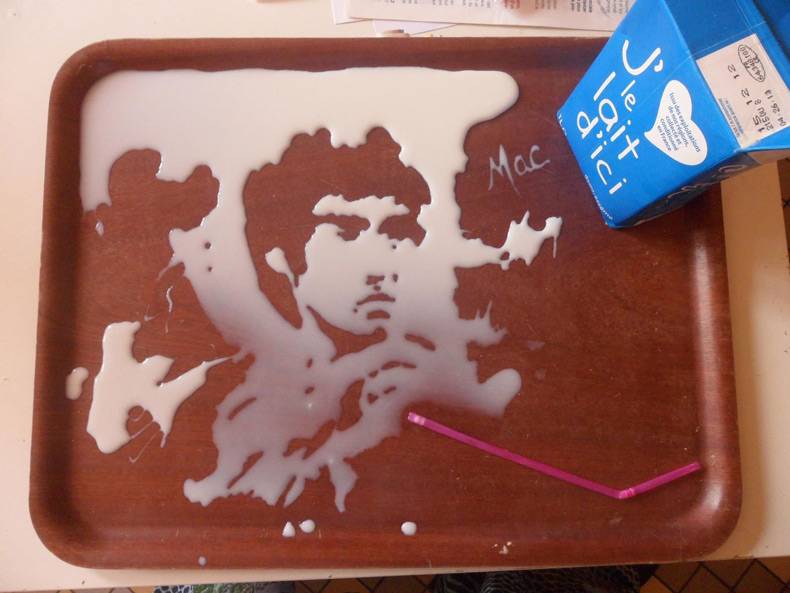Doctors have discovered that an important knee ligament, first described in an 1879 paper, before being subsequently ignored for well over a century, is actually a very real and important body part.
Anterior cruciate ligament (ACL) tears are a common problem for many athletes. They are notoriously difficult to repair and the recovery is a tough and painful process that can take up to a year. Following treatment, however, many patients still complain of aches and pains and it is not at all uncommon for the joints to fail the necessary pivot-shift tests (performed so the doctors can check the success of their surgeries). Repeat injuries are also inexplicably common.
Last month, it was announced that a team of Flemish doctors appears to have finally solved this persistently vexing riddle and, in so doing, they validated a discovery made over a century ago.
Paul Segond, a 19th century French surgeon who is known for greatly aiding the development of Obstetrics and Gynaecology (as well as describing the Segond fracture), wrote of the ligament as a “pearly, fibrous band” in 1879. Segond posited that it was an additional ligament, but anatomists did not consider the initial discovery to be accurate.
After reading Segond’s paper and deciding that there may be something to it after all, the team of knee surgeons and an anatomist began investigating the possibility that Segond’s mystery ligament was, in fact, a very real part of the Human body.
The team examined the knees of 41 cadavers, finding that 40 of them actually contained Segond’s ligament, just as he’d described it a hundred years earlier.
With this (re)discovery now published and proven, the ligament has been named as the anterolateral ligament (ALL).
The anterolateral ligament joins the other joint structures in the knee considered most important by doctors and anatomists, such as the lateral femoral epicondyle (LFE), lateral collateral ligament (LCL), Gerdy’s tubercle (GT), popliteus tendon (PT), popliteofibular ligament (PFL), and, of course, the aforementioned anterior cruciate ligament (ACL).
Surgeons are already considering ways in which to repair ALL tears and damage, with the hopes of improving the quality of life for anyone who suffers any ligament damage to the knees. This rediscovery is likely to become a very significant one in the field of sports and athletics, across both amateur and professional playing fields.
SOURCES
http://www.scientificamerican.com/gallery_directory.cfm?photo_id=7737D2E0-994F-A7AD-8721A14249EB4E02
Rediscovery of Knee Ligament Validates 19th Century Paper




